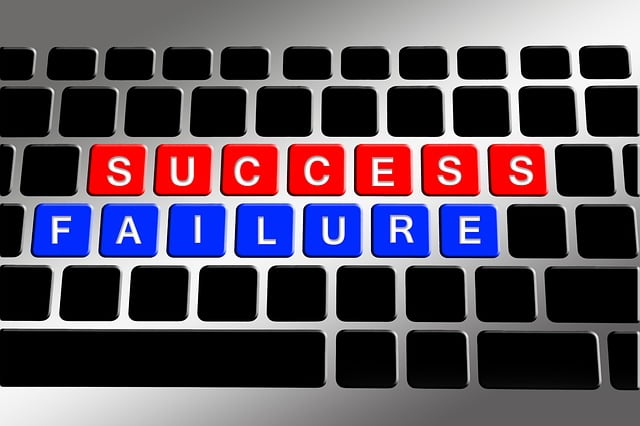According to research, 50% of small businesses fail in the first five years of starting up, while only 25% survive for a minimum of 10 years. However, these figures shouldn’t put you off reaching for your goals and entering the business world—it’s all about being in-the-know about why companies collapse and how to avoid falling into this trap.
Ultimately, your business won’t collapse until you decide to throw in the towel, but if you don’t want to be identified as just another statistic, the following pointers may give you a heads-up on the main reasons why businesses float, and how to avert them:
Failing to connect with the target audience
The success of your business largely depends on how well you’re able to deliver to your demographic. It’s in your best interests to find out what your customers want, how you can produce it, and if is it likely to solve their problems. If you don’t have an answer for any of these issues, it’s unlikely you’ll make many sales. The bottom line is, that your target audience needs to feel as though they can’t do without the product or service you’re offering.
To prevent losing touch with your target audience, make sure you do your background research to find out what your customers are looking for. Carry out surveys, utilize email ask campaigns or ask family and friends for their opinions on your idea to give you some direction.
Unnecessary overspending
Unfortunately, many new start-ups make initial spending mistakes, meaning that they often land themselves in financial difficulty. It’s easy to get carried away with spending for many reasons, including hiring too many employees, neglecting stock inventory, and paying over the odds for monthly energy bills. In relation to the latter, Utility Bidder is the ideal resource to compare prices from leading energy suppliers, so you can cut down your energy bill expenses and limit your overspending.

Lack of leadership
New and inexperienced entrepreneurs often lack leadership and business world experience, meaning they struggle under the immense pressures placed on their shoulders in the first year of starting up. It’s normal for problems to arise regularly, and being able to manage them can often prove an impossible task, if you don’t have adequate knowledge of how to do so calmly and effectively.
If you wish to become a better leader, it may be an idea to enroll onto a business-related course, which should equip you with all the information and skills you need in order to gain expertise in strategic planning.
Poor location
Depending on your business type, the location of your business is usually one the main reasons why longevity can suffer. If your company is office based and deals solely with online customers, location may not be a key factor. However, if you plan on selling face-to-face or rely on the daily transportation of goods, being located in the center of town or near main roads should be at the top of your agenda.

